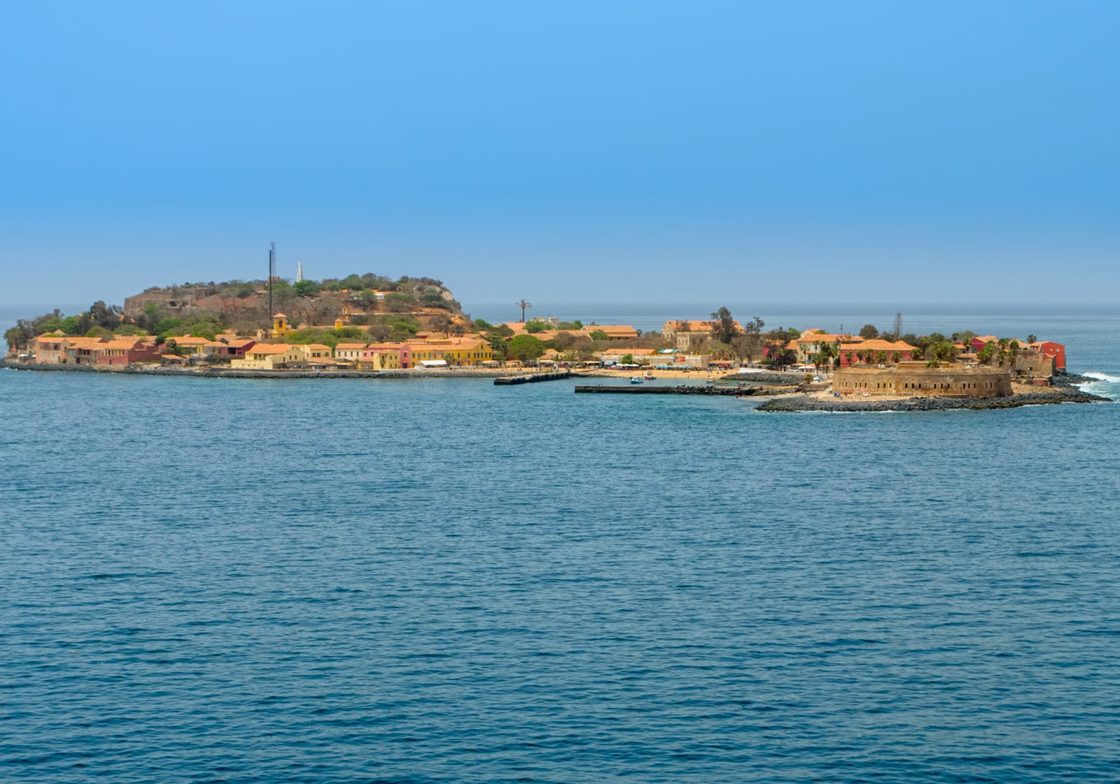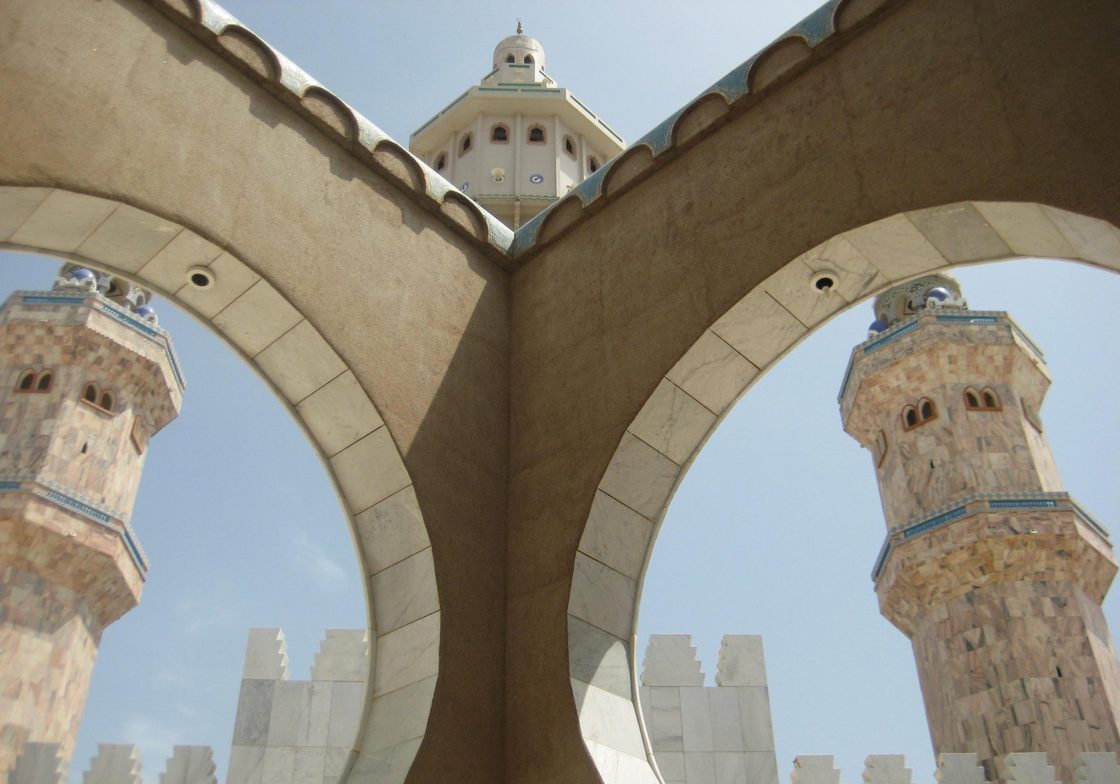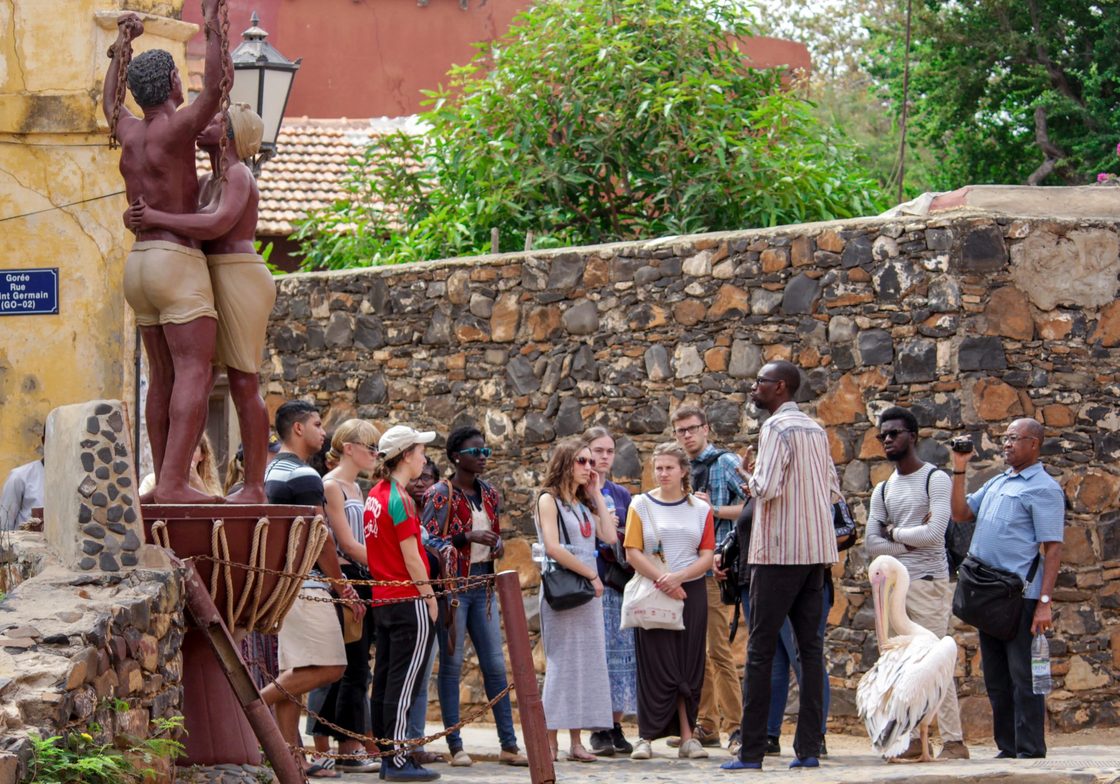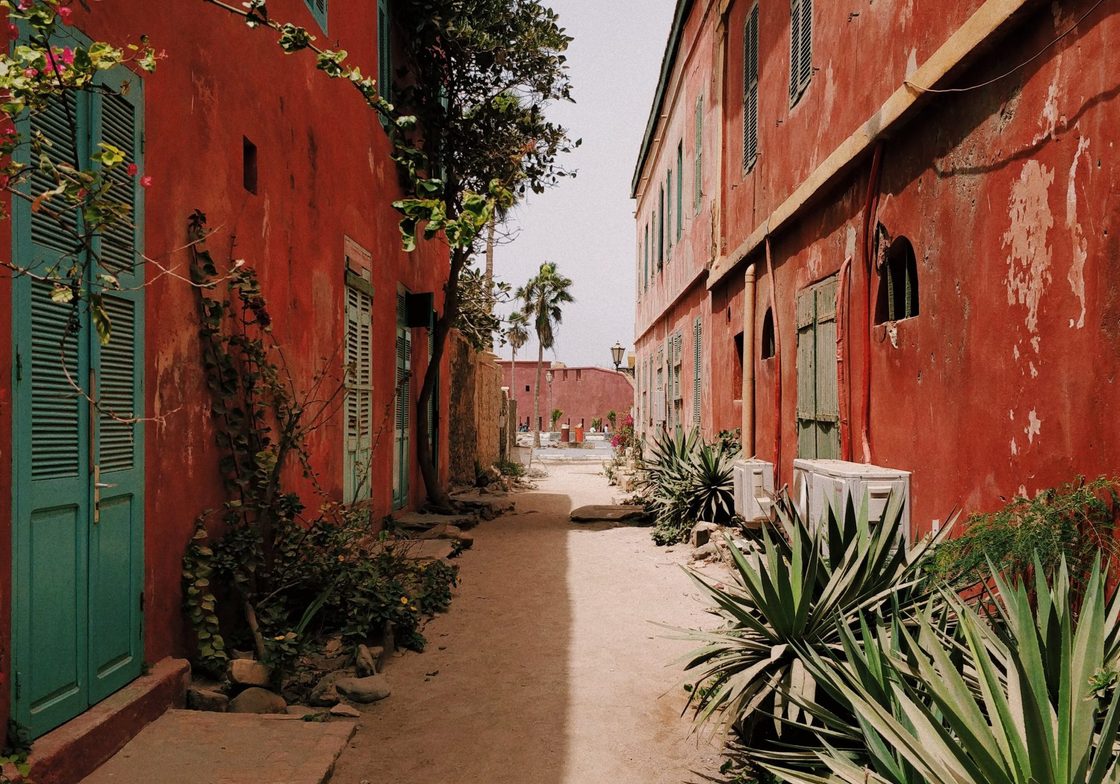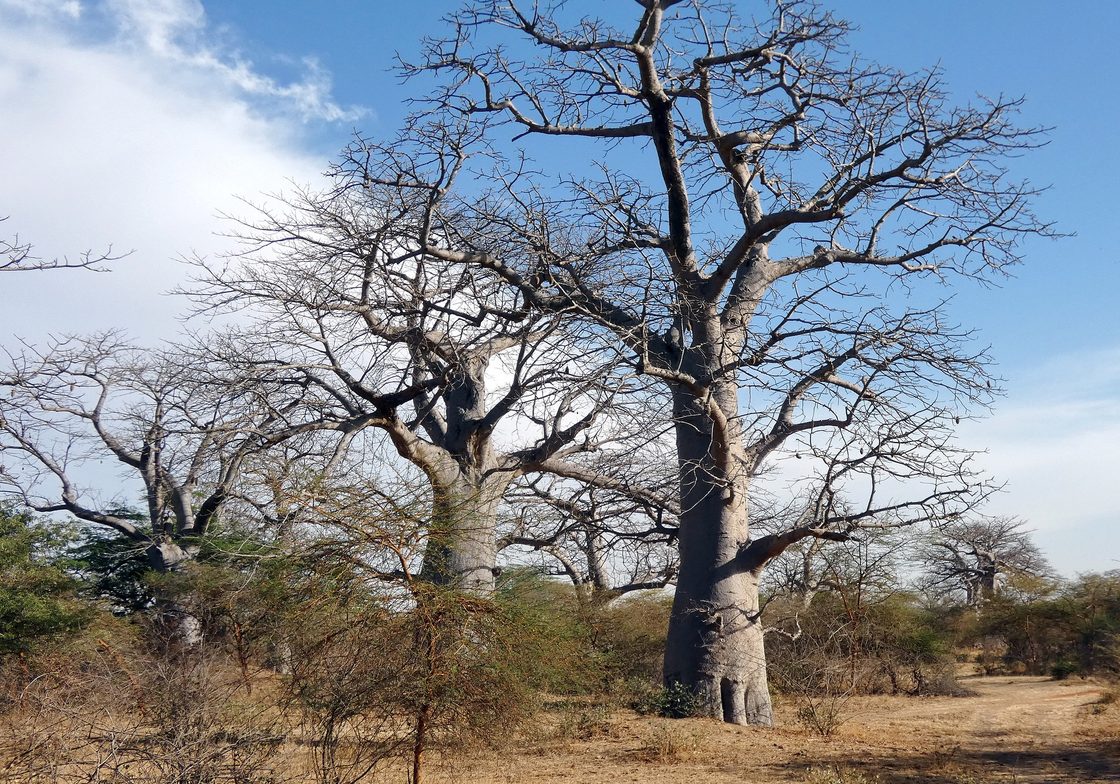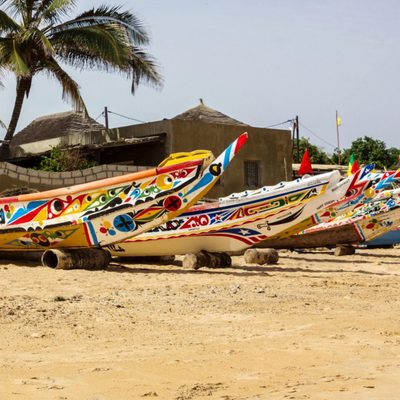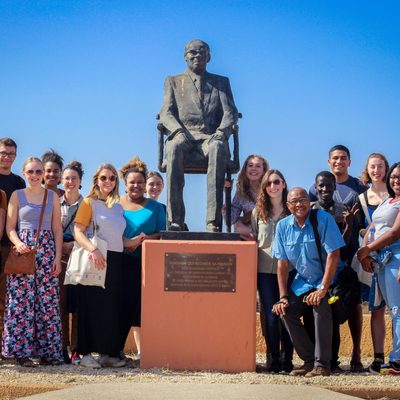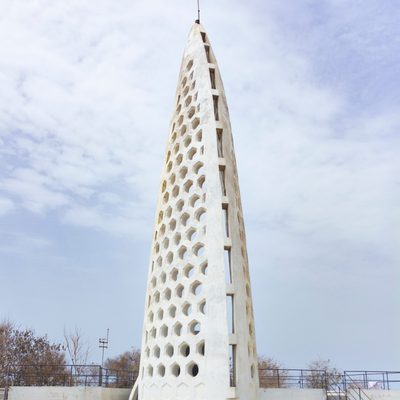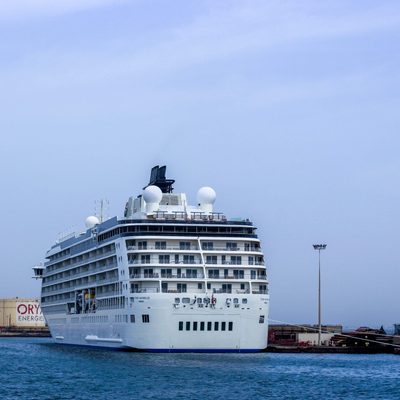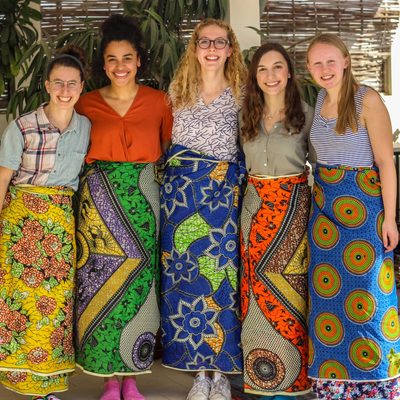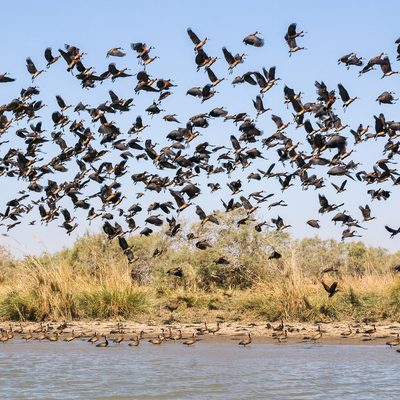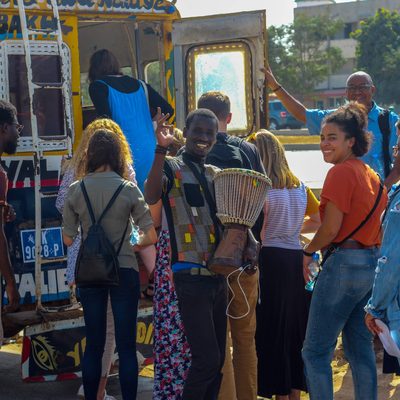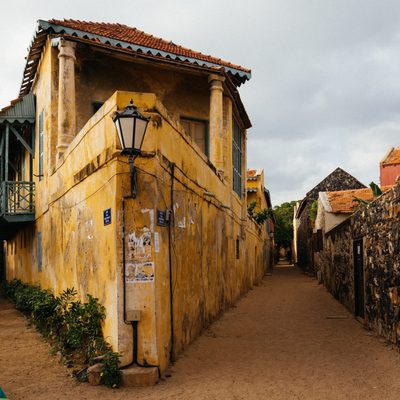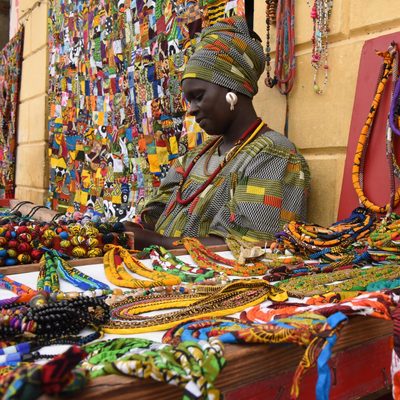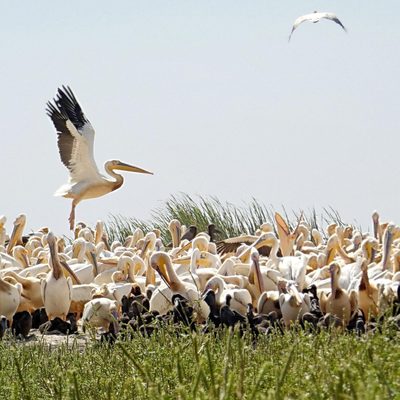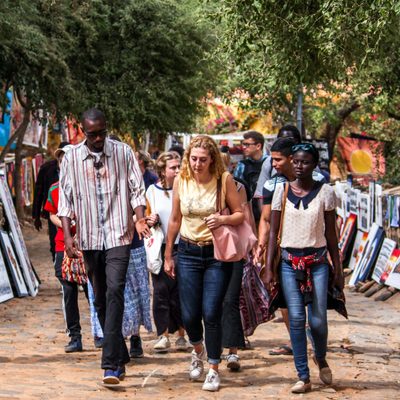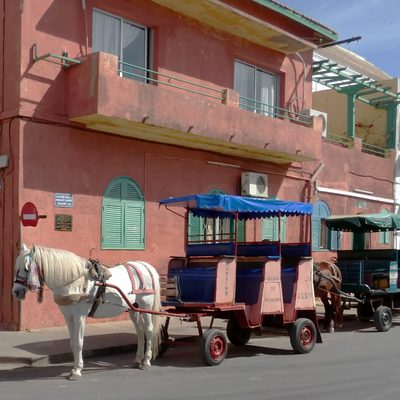Winter Break 2023–CANCELLED
Senegal served as the gate through which millions of Africans were forcibly transported to the New World and the base of West African colonial occupation by France and its European rivals. Today, it is a regional center of culture and cosmopolitanism. Spend two weeks in the land of Teranga (hospitality), encountering Senegal’s rich history and contemporary culture.
Message from Faculty Director
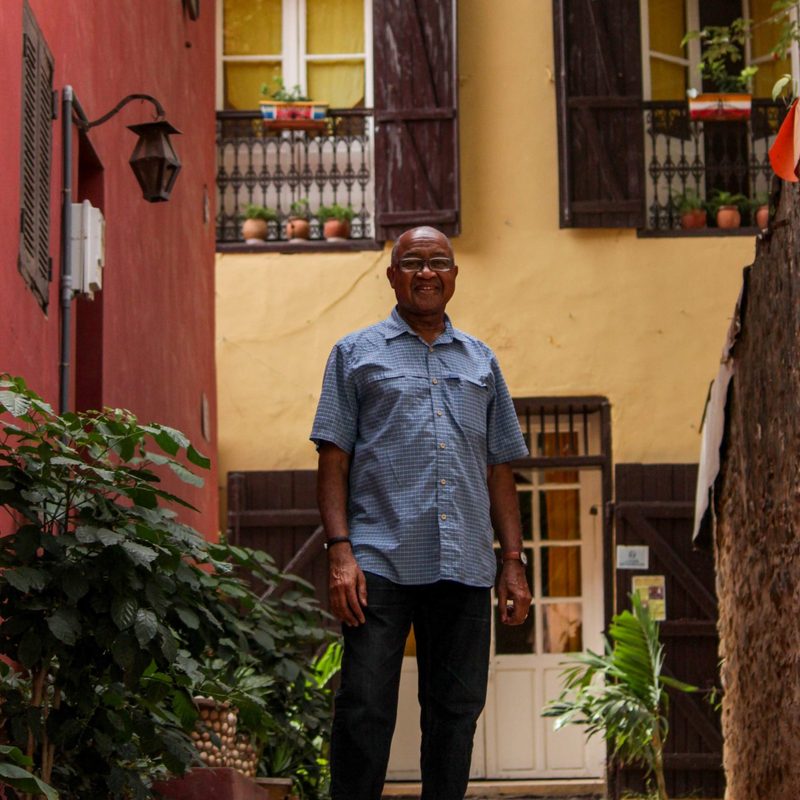
I am Chérif Keita, a native of Mali and a professor of French and Francophone Literature of Africa and the Caribbean at Carleton College since 1985. Being from a part of the world that most college students do not have the opportunity to visit on their own, I always strive to create off-campus programs that are both captivating for the first-time visitor and intellectually challenging for intermediate to advanced students of French and who have committed to the two-course sequence accompanying the program.
Unlike most countries in Africa, where political transition is often achieved through military coups, in Senegal, a vocal youth movement called Y EN A MARRE [FED UP], uses the power of Hip Hop, within the framework of a solid and dynamic civil society, to protect democratic transition. Senegal owes this exemplary approach to democracy to a number of factors that will be examined during the field trip: Senegal’s long apprenticeship of the “Republican” model inherited from the French Revolution and the humanistic leadership fostered by its first President, the poet and philosopher Leopold Sédar Senghor, who eloquently celebrated the rich traditions of his people (the oral epics and songs of different ethnic groups, a harmonious coexistence between traditional spirituality and imported religions) while promoting modern party politics and creative expressions. This process culminated in the establishment of a multiparty political system in 1980 and a free and vibrant expressive culture (written and oral literature, world-renowned cinema, traditional and modern music, plastic arts, and more).
The two-week field trip will provide ample opportunities to meet and discuss with writers like Cheikh Hamidou Kane, Aminata Sow Fall, and Boubacar Boris Diop. We will meet with artists and musicians, leaders of the various faiths practiced in the country, and leading experts on the challenges of nation-building, both in Dakar, the capital city, and in Saint-Louis, Senegal’s former capital. Saint-Louis is one of the country’s World Heritage sites and the location from which France conducted its expansion into territories such as Mauritania, the French Sudan (Mali) and Upper Volta (Burkina Faso) in the late 19th century. This program is a good fit for students with a good competence in oral and written French and who are interested in the literature, politics and culture of Africa.
Chérif Keïta, William H. Laird Professor of French and the Liberal Arts. Teaches Francophone literature of Africa and the Caribbean, as well as advanced languages courses. A native of Mali, he has published books and articles on both social and literary problems in contemporary Africa. His special interests include the novel and social evolution in Mali, oral tradition, and the relationship between music, literature and culture in Africa. He is also a documentary filmmaker. Professor Keïta is excited to introduce students to the rich cultural diversity of Senegal.
Academics
Learning Goals
- To understand the connections between literature and social change and the imperative of artistic commitment in a country faced with poverty, the legacy of colonialism and globalization
- To critically assess the Francophone label through a greater recognition of the dynamism of local vernaculars and precolonial systems of cultural expressions
- To gain a greater awareness of the specificities of the French language used in African countries (lexicon and syntax)
- To improve overall French language competence
Prerequisites
One French course beyond French 204 or instructor permission.
Course of Study (12 Credits)
Fall Term 2023, FREN 308: France and the African Imagination (6 credits, LA, IS)
This course will look at the presence of France and its capital Paris in the imaginary landscape of a number of prominent African writers, filmmakers and musicians such as Bernard Dadié (Côte d’ Ivoire), Ousmane Sembène (Senegal), Calixthe Beyala (Cameroun), Alain Mabanckou (Congo-Brazzaville), Salif Keïta (Mali) and others. The history of Franco-African relations will be used as a background for our analysis of these works.
Instructor: Chérif Keita
Winter Term 2024, FREN 246: Contemporary Senegal (6 credits)
This course will be a critical examination of the Francophone label within the context of literature, education, history and daily life in Senegal. During the December break field trip, students will visit significant cultural sites in Dakar and Saint Louis and meet with writers, artists, and other major thought leaders. During the winter term portion of the course, students will complete an independent project based on their experience in Senegal.
Instructor: Chérif Keita
Program Features
Housing
Guesthouses and small hotels.
Excursions
We will meet leaders of various faiths practiced in the country, writers, artists, and musicians, and leading experts on the challenges of nation-building, both in Dakar, the capital city, and in Saint-Louis, Senegal’s former capital. Saint-Louis is one of the country’s World Heritage sites and the location from which France conducted its expansion into territories such as Mauritania, the French Sudan (Mali), and Upper Volta (Burkina Faso) in the late 19th century.
